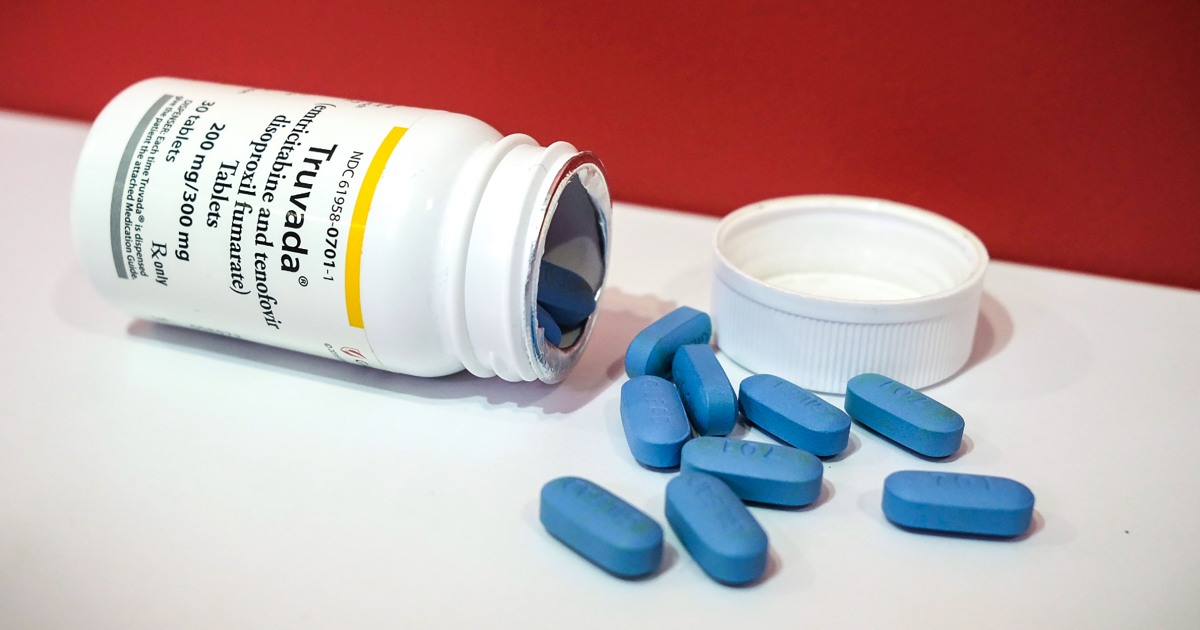
A federal appeals court on Friday found unconstitutional a key component of the Affordable Care Act that grants a health task force the effective authority to require that insurers both cover an array of preventive health interventions and screenings and refrain from imposing out-of-pocket costs for them.
The lawsuit centered on the objections of a coalition of small businesses in Texas to the requirement that they cover a drug for HIV prevention, known as PrEP, in their employee health plans. The appeals court did not, however, overturn the related ACA pillar; the practical, immediate impacts of its ruling apply narrowly to the plaintiffs in this case.
Legal experts expect that the case, Braidwood v. Becerra, will ultimately advance to the Supreme Court, given that it poses crucial questions about the constitutionality of the health task force’s effective authority and that of other federal health bodies. Additionally, the current court has demonstrated interest in cases concerning the delegation of congressional authority to agencies and experts.
In response to Friday’s ruling from the 5th U.S. Circuit Court of Appeals in New Orleans, public health advocates expressed concern that, should the Supreme Court ultimately void the task force’s authority, this could compromise the nation’s already sluggish HIV fight.
“While we were predicting the worst, at the moment insurers will still have to cover preventive services, including PrEP, except for the original plaintiffs,” said Carl Schmid, executive director of the HIV+Hep Policy Institute in Washington, D.C. However, if the task force’s authority is ultimately voided, Schmid said, insurers will likely impose cost-sharing for PrEP, or not cover the newer, more expensive forms of it. He projected that such burdens would depress PrEP use among those at greatest risk of HIV.
A federal judge in the Northern District of Texas overturned the task force’s mandate in 2022, but in 2023 the 5th Circuit stayed that decision and on Friday ruled that it was overly broad.
The appeals court has also asked the lower court to review the constitutionality of the authority granted to two bodies within the U.S. Department of Health and Human Services to mandate insurance coverage for immunizations, contraception and other women’s preventive services.
Richard Hughes, an attorney at Epstein Becker Green in D.C. said he expects an ultimate appeal of the suit to the Supreme Court, because “essentially both parties,” including the plaintiffs and the Biden administration, “are going to be dissatisfied.”
Hughes said it remains to be seen whether the parties will appeal to the Supreme Court in the short term or wait for the suit to wind its way through the lower courts.
The health task force
The ACA includes a consumer-protection measure concerning the U.S. Preventive Services Task Force. This volunteer panel of medical experts issues guidance that grades the quality of evidence behind preventive interventions, such as PrEP and heart disease medications; behavioral counseling for substance use; cancer screenings; and sexually transmitted infection testing.
Per the ACA, the task force’s A and B grades mandate that most private insurance plans, plus state Medicaid programs that expanded under the legislation, both cover the intervention or screening and demand no related out-of-pocket expenses.
The plaintiffs in the case decided Friday include a group of Christian-owned businesses in Texas, among them Braidwood Management. Their attorneys successfully argued that, because task force members are not confirmed by the Senate, they lack the constitutional authority under the Appointments and Vesting Clauses to mandate insurance coverage.
The power — and lost opportunity — of PrEP
The Centers for Disease Control and Prevention reported on May 21 that the annual estimated national rate of new HIV cases declined by 12% between 2018 and 2022, to 31,800 transmissions.
Some two-thirds of HIV transmissions are among gay and bisexual men.
According to the CDC, about 185,000 people, overwhelmingly gay and bi men, were taking PrEP during any one month of 2022. However, the use of PrEP, which nearly eliminates HIV risk if taken as prescribed, has always remained largely relegated to white gay men. Their Black and Latino peers have a much higher HIV acquisition rate.
Public health experts predict that a voiding of the health task force’s insurance-coverage mandate would likely widen this disparity.
How would this change insurance for PrEP?
In 2019, the task force issued an A rating for the drug Truvada as PrEP. Consequently, almost all insurers were required by the ACA to cover PrEP with no cost-sharing by 2021. The Centers for Medicare and Medicaid Services later announced that insurers also could not impose out-of-pocket expenses for the quarterly clinic visits and lab tests required for PrEP users.
Even prior to 2021, PrEP was widely covered by insurance. So, should the task force lose its insurance mandate, insurers would not be expected to drop coverage. But public health experts do anticipate many would return to imposing associated out-of-pocket costs.
Brand-name Truvada costs about $1,950 monthly. Its manufacturer, Gilead Sciences, has long provided a copay card covering up to $7,200 in drug-related out-of-pocket-costs on behalf of PrEP users annually. However, multiple generic versions of Truvada arrived in 2021, which now cost as little as $16 monthly. And so today, insurers typically will only cover generic Truvada, which lacks any manufacturer copay card.
Lorraine Dean, a Johns Hopkins epidemiologist, said keeping PrEP totally free “helps promote people’s ability to get it.”
Dean led a study published in January in the journal Health Affairs that found the higher the PrEP copay, the more likely people were to abandon the prescription. Her team speculated that going from zero cost sharing to a copay of up to $10 would double the abandonment rate, to 11%.
The study found HIV diagnosis rates were two to three times higher among those who abandoned their prescriptions compared with those who picked up the medication.
A study published in March 2023 estimated that for every 10% decrease in PrEP use, an estimated 1,140 additional HIV infections would occur within one year.
Lindsey Dawson, an HIV policy expert at health policy research nonprofit KFF, pointed to a nearly 60% increase in PrEP use between 2019 and 2022 and suggested the task force’s rating played a role in that upswing.
If the task force’s mandate is overturned, states do have the option of passing laws that effectively reimpose its insurance mandate; at least 15 states already have such laws. However, these laws don’t apply to self-insured employer plans, which according to KFF comprise the majority of those with private health insurance.
What about other forms of PrEP?
An ultimate voiding of the task force’s mandate would throw into doubt access to present and future brand-name forms of PrEP.
A long-acting form of PrEP called Apretude, which is given every two months and is much more effective at preventing HIV on a population level than Truvada (given people often don’t take the oral drug as prescribed), was approved in 2021.
However, given that Apretude’s list price is over $2,000 per month, securing insurance coverage can be challenging. Its use remains scant.
The health task force updated its PrEP guidance to include Apretude and Gilead’s brand-name oral drug Descovy in August 2023, suggesting that, absent the overturning of the task force’s mandate, insurance plans would start widely covering the injectable version in particular by 2025. However, Elizabeth Kaplan, an expert on health law and policy at Harvard Law School, said the new guidance’s wording might provide insurers leeway to require prior authorization and charge copays, if not outright deny coverage, absent obtaining such authorization.
Tim Horn, director of medication access at the HIV advocacy group NASTAD, said that because of the new guidance’s wording, “plans may be even more likely to limit their coverage” only to generic Truvada.
But should the task force lose its insurance-coverage mandate, Horn said, any future revisions to its PrEP guidance that might have widened access to Apretude would lose most of their power.
What’s more, Horn said future, longer-acting forms of PrEP would be “even more out of reach for those who stand to benefit from them the most.”
In particular, Gilead’s lenacapavir, given via injection twice yearly, could gain approval for use as PrEP by 2025 or 2026. The company on Thursday released results from an advanced trial of the drug’s use as PrEP in cisgender women showing it was highly effective; a trial among gay and bi men is ongoing. The drug has a current list price for use as HIV treatment of $3,250 monthly. Horn is hopeful, however, that pharmacy benefit managers would negotiate steeper discounts for the drug’s use as PrEP.
Whether insurance companies would cover a drug costing far more than generic Truvada without a legal requirement to do so remains an outstanding question — with the future of the U.S. HIV epidemic hanging in the balance.
For more from NBC Out, sign up for our weekly newsletter.

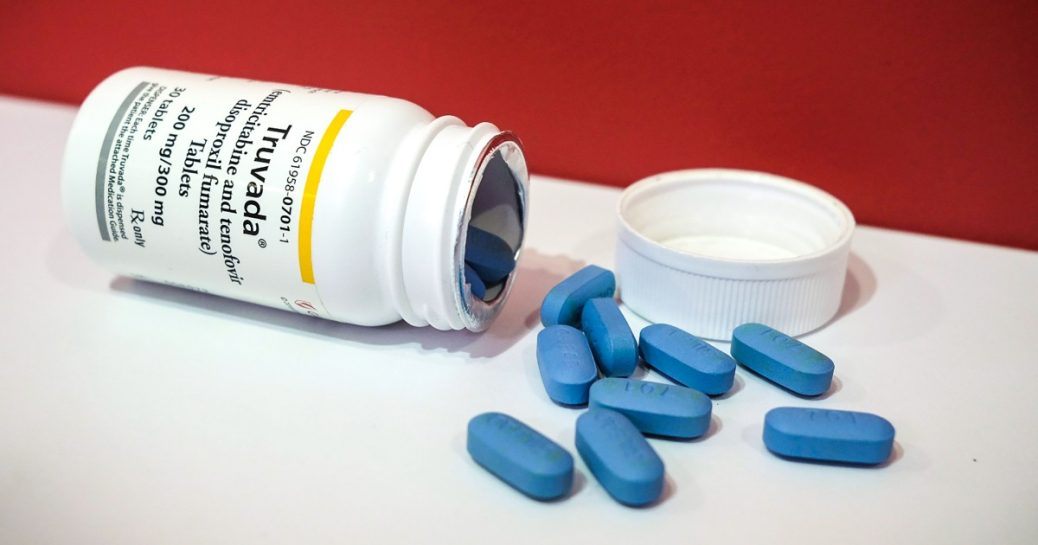

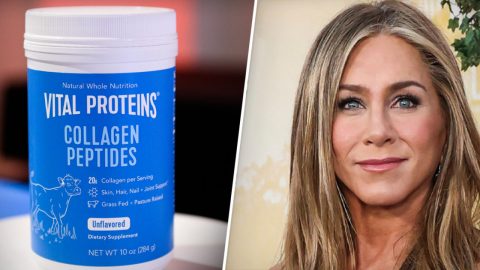
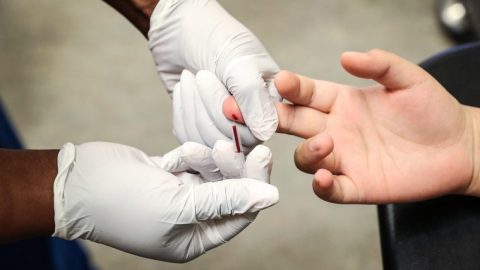
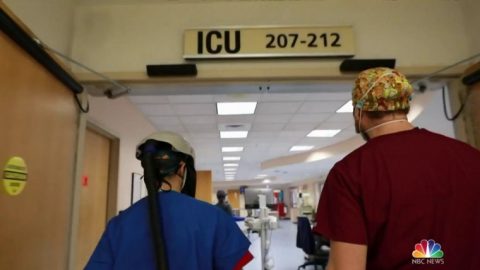
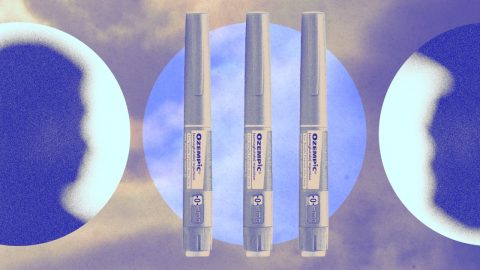
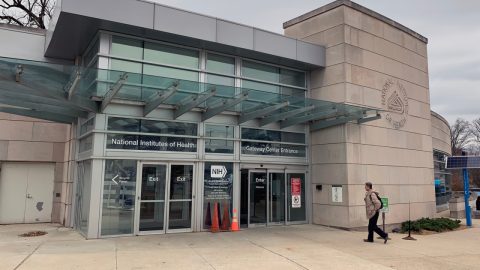

Recent Comments